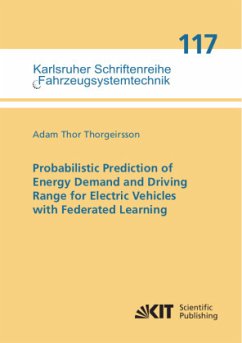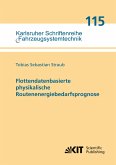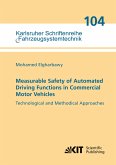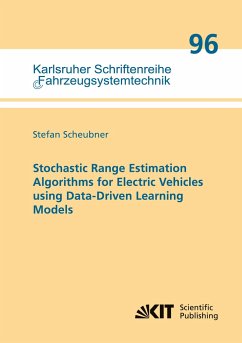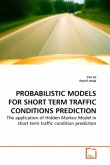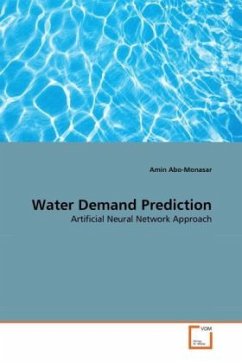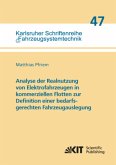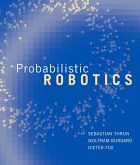In this work, an extension of the federated averaging algorithm, FedAvg-Gaussian, is applied to train probabilistic neural networks. The performance advantage of probabilistic prediction models is demonstrated and it is shown that federated learning can improve driving range prediction. Using probabilistic predictions, routing and charge planning based on destination attainability can be applied. Furthermore, it is shown that probabilistic predictions lead to reduced travel time.
Bitte wählen Sie Ihr Anliegen aus.
Rechnungen
Retourenschein anfordern
Bestellstatus
Storno

